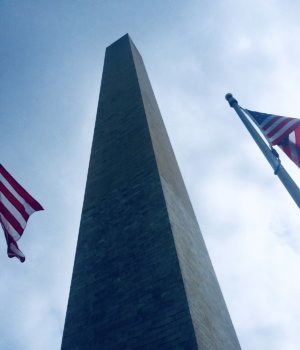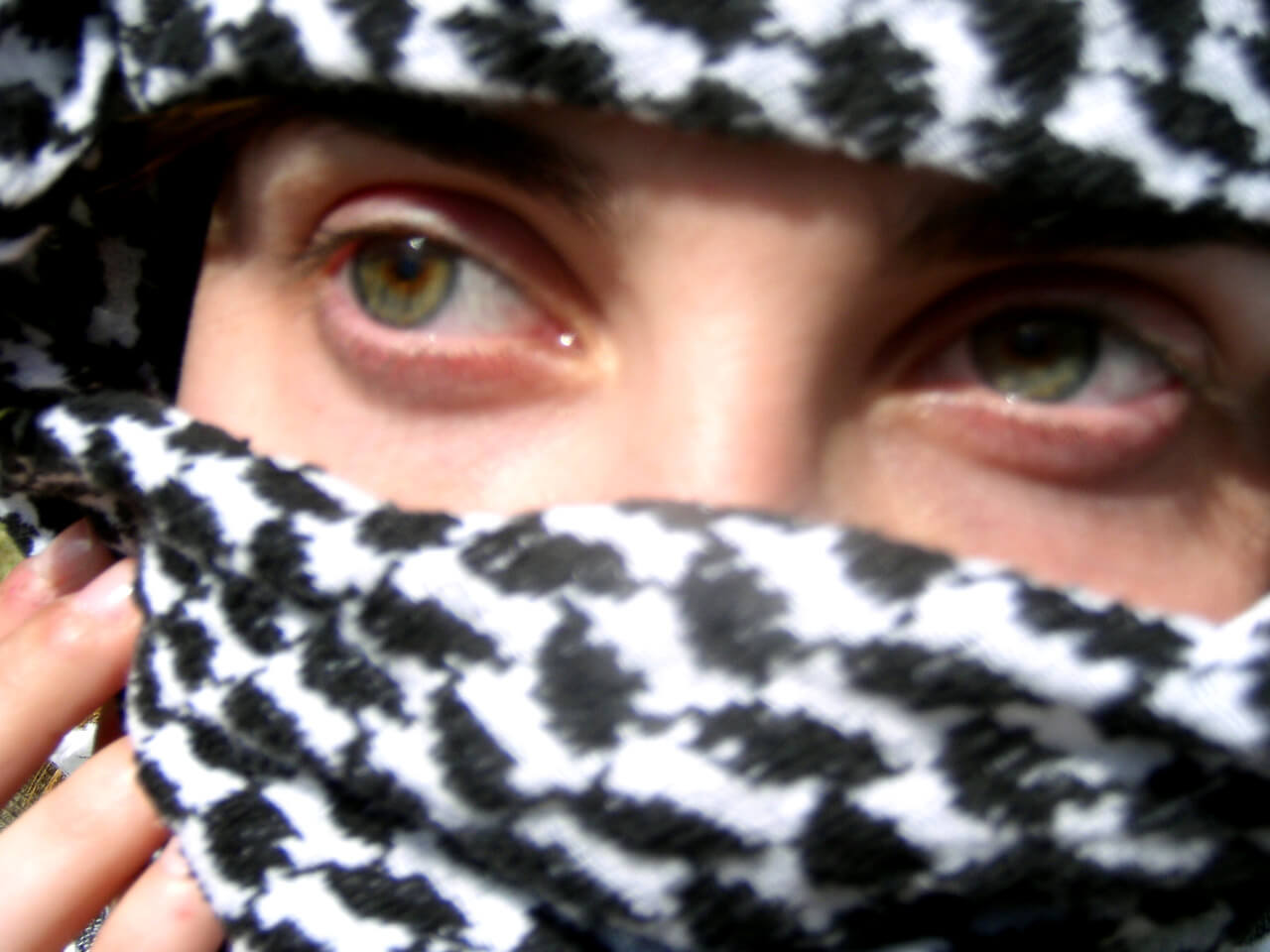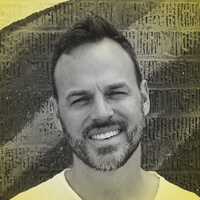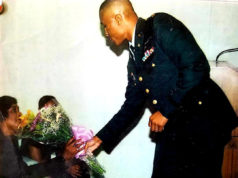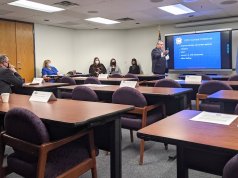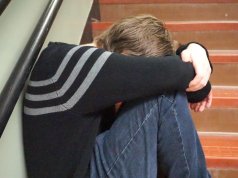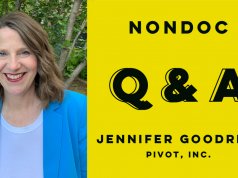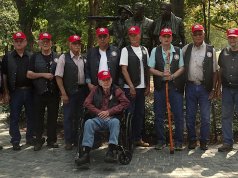In mid-August 2001, my family planned a reunion gathering in Colorado. My only brother, David, and I both lived in New York City at that time, he in Manhattan and me in Brooklyn. We met up briefly at the airport for breakfast before taking different flights out west for the reunion.
In a relic of pre-9/11 lax airport security, I was actually allowed onto his plane before take-off to let him know my flight had been delayed and he may need to wait for me in Colorado Springs before we jumped in the rental car and headed over the mountains to see the rest of our family.
I remember our drive later that day fondly as we laughed about our dating exploits and failures, marveling with gratitude about the many gifts and joys our addiction recoveries had afforded us as young men in our 20s. David had, in fact, blazed the trail of recovery for me by being the first one to jump off the ledge, face his demons and surrender to the transformation to come. I remember this drive vividly as well because it became one of my last times with David before his death in the World Trade Center a few weeks later.
Feeling forgiveness, feeling resentment
Not surprisingly, the attacks on Sept. 11, 2001, created widespread introspection among a fragile and shell-shocked public. Sermons and op-eds at the time urged us to cherish the small blessings we often took for granted amid the seeming sense of security that had been shattered in one morning of tragedy. As a result, some joined the military to fight terrorism, others changed careers to pursue more personally meaningful vocations. There was a genuine need among many people to find deeper meaning in life, and the trauma of those events spurred them to action.
At the same time, Sept. 11’s public trauma provoked shock, anger and fear. It caused many of us not to turn toward the tender pain of our internal lives and seek spiritual answers, but, instead, many turned outward, with pointed fingers, to find false comfort in retribution. This only emphasized the highly charged racial and religious divisions the attacks were meant to provoke.
RELATED
You don’t have to fear my Muslim friends by Andrew Rice
In the months that followed, I remember stepping into taxi cabs in New York City, seeing multiple “Proud American Sikh” stickers plastered across the partition. This, of course, spawned from widespread Islamophobia and fear, not the soul searching for our better natures that we were supposed to be examining and recommitting ourselves to. Trauma often cuts both ways.
I experienced my own tension between feelings of forgiveness and resentments as well. My brother had been ripped away from our family, and our lives were going to change in ways I wasn’t prepared for. My nation was changing. Yet I delayed accepting it, and I found some political battles and opponents too tempting and convenient as temporary elixirs for my grief and anger.
Over the years, I have realized I was only kicking the can down the road. At the time, I thought the solution was to be found in the public and political space, and I pursued elective office and protested the federal government for their overreactions. I don’t regret these choices, but my deeper and more true resolution came internally. It took longer, but the release was much more profound and lasting. Much like my personal recovery, I had to come to terms with my resentments and the ways my attitude and actions sometimes contributed to the divisiveness of the political system I so wanted to reform. I ultimately realized that my personal growth would be as important to David as any cause I took on after his death.
The embodiment of Mollie Tibbetts’ spirit
On July 18 of this year, a terrible and traumatic event happened to the family of Mollie Tibbetts. To my mind and heart, her murder in Iowa was her family and community’s own small 9/11. The motives of the murderer may have been different, but the very public consequences have some striking similarities to 17 years ago. Notably, I saw quick political attempts to appropriate the tragedy and play on the vulnerabilities of the public’s fear and resentments. I also saw a minority group’s safety and character under real threat as a result. When I read the remarkable plea from her father, Rob, and witnessed him speak and embody his daughter’s character for us in her death, it felt like a selfless and bittersweet gift. He could not go back and prevent the tragedy, but he was going to marshal her loving humanity to the forefront and shine a light on it for a weary and adolescent-minded American public.
I knew well what was happening. I saw it with my own family. I learned of it from Bud Welch and his gut-wrenching journey after his daughter, Julie, was murdered in the Oklahoma City bombing. How do we embody the best of our deceased loved ones in exact moments where some of our worst inclinations fight for daylight inside of us? Do we speak out when we see others using our loved ones’ tragedies for ends that are anathema to their values, and to those of the highest ideals of our nation?
I did not know Mollie Tibbetts. Her father’s words on her behalf, however, are clear and convincing. Mollie would not want her family and community to relinquish her loving and forgiving principles because she was the victim of a truly tragic injustice. Those lofty principles, in fact, mean more in those tragic moments than ever.
As Desmond Tutu would say, Mollie Tibbetts in this way is a spiritual “victor” rather than a victim. In these days of “lock her up” chants and racial animosity, more Americans would be better off in the long run to learn such lessons from Mollie and her family.
The allure of resentment and self-pity is a drug that’s never enough, and Mollie’s family is testament to rising above that. I know they would give anything to have Mollie alive and well beside them. With my deepest condolences and respect, I thank them for sharing her beautiful gift with our nation in the midst of their darkest, most personally painful hour.








